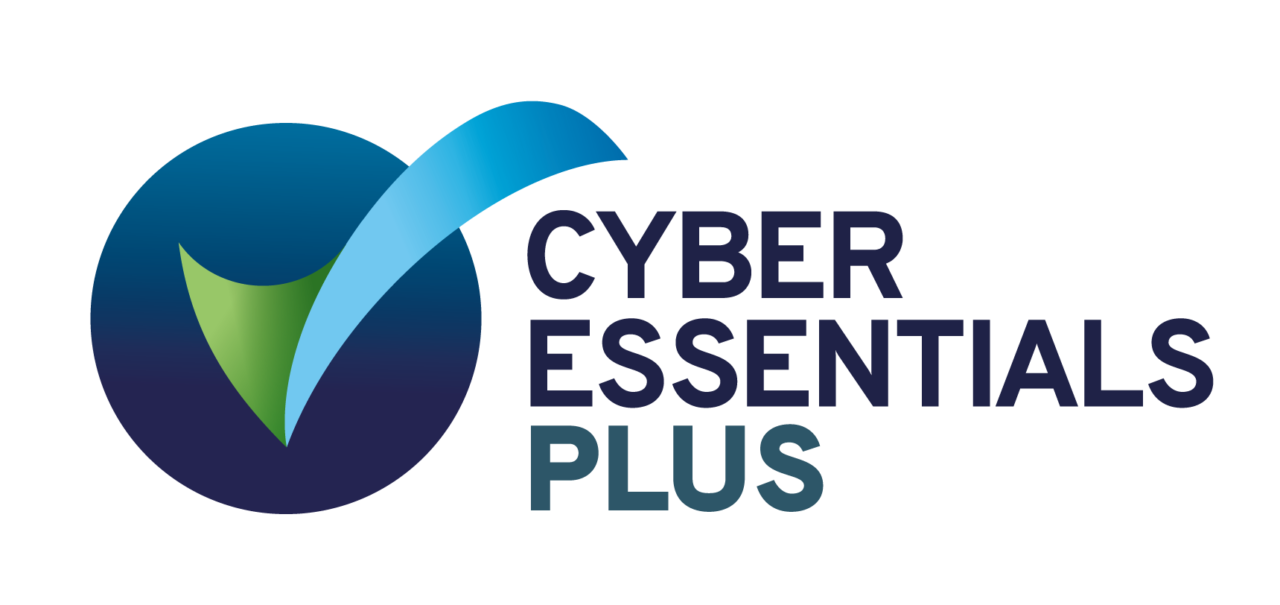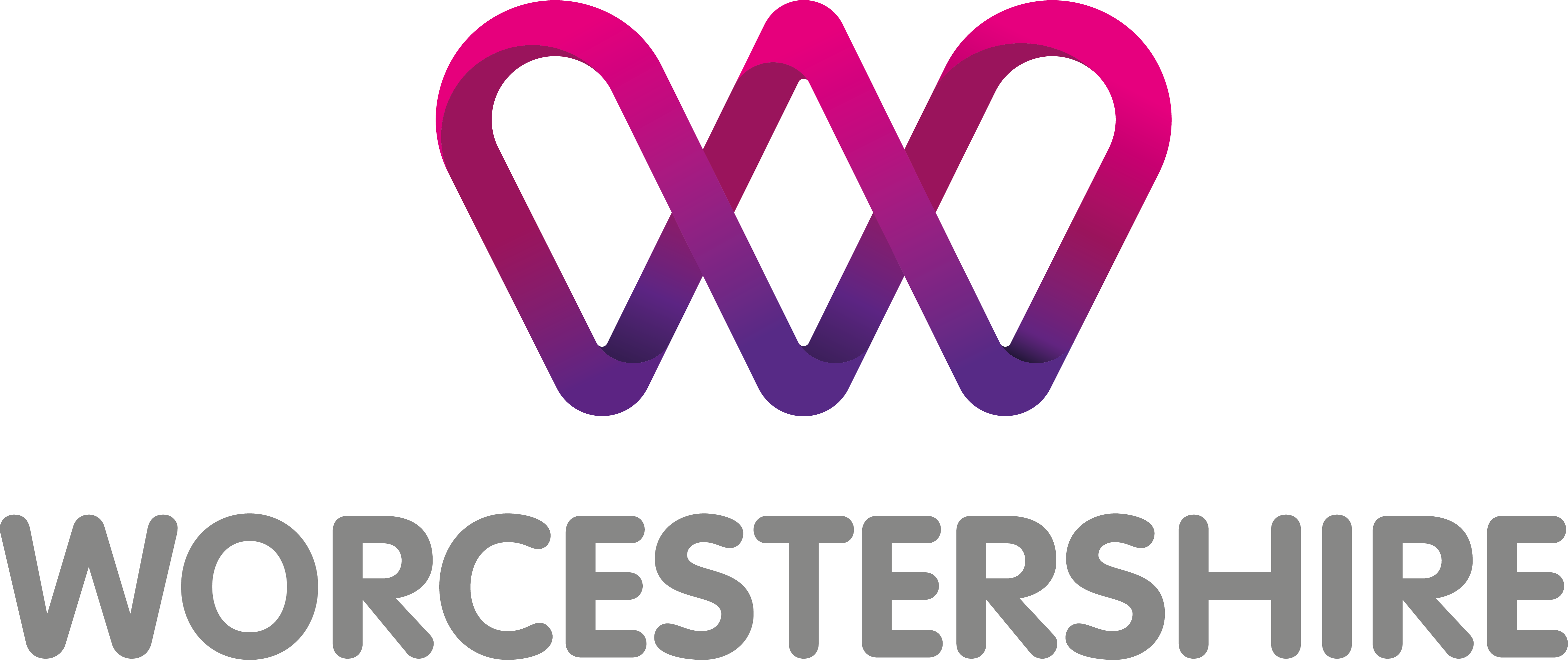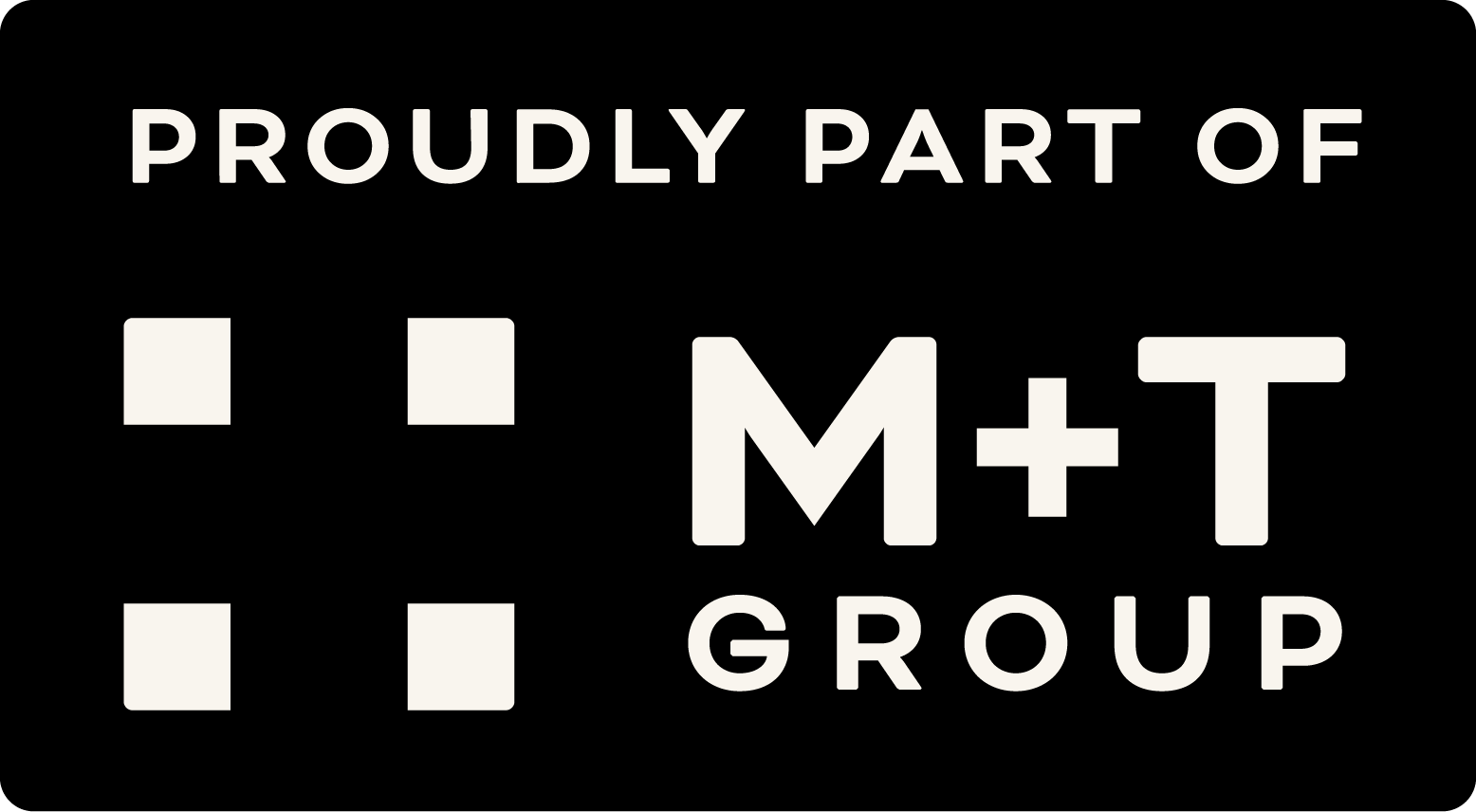While translators are always at least bilingual, simply being bilingual often isn’t enough to be a professional translator.
Translating doesn’t just require knowing another language. Translators need to know how to translate, which is a specific skillset. It isn’t enough to know that one word is equivalent to another - a translator’s understanding of context, meaning and culture mean they have to look beyond equivalent meanings. For instance, this can mean knowing the difference between a common word and specialised terminology, or using strategies such as moving slightly away from the literal meaning of a word to avoid things getting lost in translation. Many translators hone and develop these skills through training, be it on-the-job or via specialised degrees.
Translators also specialise within their field. Normally, they possess industry-specific knowledge, be it in marketing, medicine, law, or engineering, which sets them apart from someone who just happens to be bilingual. Translators have to understand the ins and outs of the texts they are working on, so having expert knowledge of specific subject matter gives them an edge over the more generalised knowledge someone might have if they are just bilingual.
At MTT, we only use mother-tongue translators with degree-level qualifications, who have on-the-job industry experience to suit your project’s specific needs. If you have a project that needs a special touch, get in touch with our friendly team now on +44 1562 748 778 or send us an email on [email protected]
















